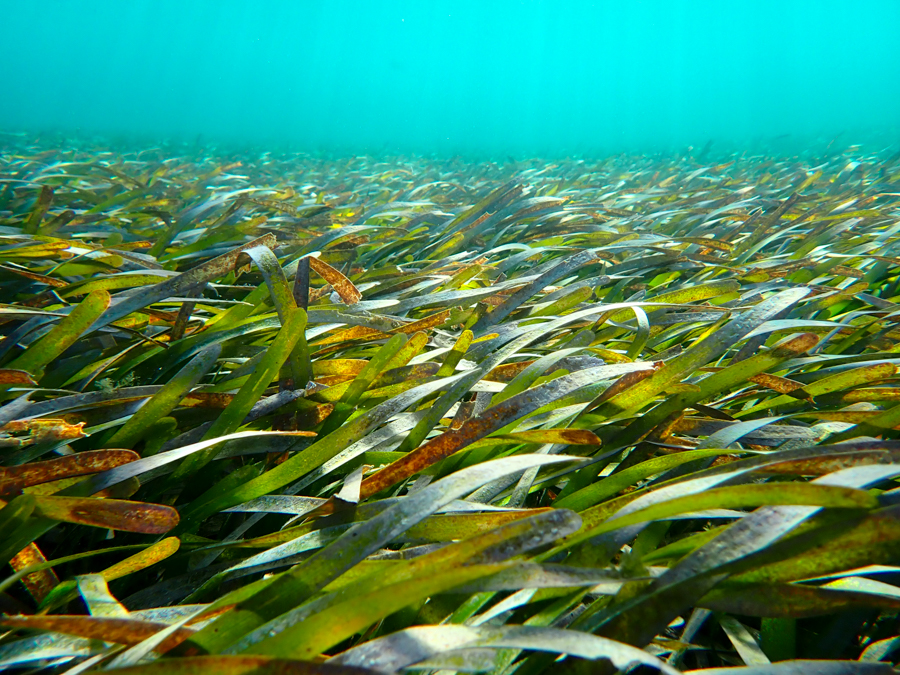Reduced Density of the Herbivorous Urchin Diadema antillarum Inside a Caribbean Marine Reserve Linked to Increased Predation Pressure By Fishes
Disease has dramatically reduced populations of the herbivorous urchin Diadema antillarum Philippi on Caribbean reefs, contributing to an increased abundance of macroalgae and reduction of coral cover. Therefore, recovery of D. antillarum populations is critically important, but densities are still low on many reefs. Among the many potential factors limiting these densities, the focus of this study is on predation pressure by fishes. Marine reserves provide opportunities to examine large-scale manipulations of predator–prey interactions and, therefore, D. antillarum densities were compared inside and outside a reserve in The Bahamas (Exuma Cays Land and Sea Park; ECLSP). Urchins and their fish predators were surveyed at nine sites inside and outside the ECLSP. Because of lower fishing effort, the total biomass of urchin predators, weighted by their dietary preferences for urchins, was significantly higher inside the ECLSP. Furthermore, fish community structure was significantly different inside the Park because of the increased biomass of the majority of species. No urchins were seen inside the ECLSP and this was significantly lower than the density of 0.04 urchin m-2 outside the Park. Regression analysis indicated that the relationship between the biomass of urchin predators and the proportion of transects containing urchins was nonlinear, suggesting that small increases in fish biomass dramatically reduce urchin abundances. The link between lower density of urchins and higher density of their predators inside the ECLSP is strengthened by discounting five alternative primary mechanisms (variations in macroalgal cover, larval supply, environmental setting, density of other urchin species and abundance of predators not surveyed). Caribbean marine reserves have an important conservation role, but increased fish predation appears to reduce densities of D. antillarum . Urchins currently have limited functional significance on Bahamian reefs, but any future recovery of D. antillarum is likely to be limited in reserves, with potentially important ecological consequences.


